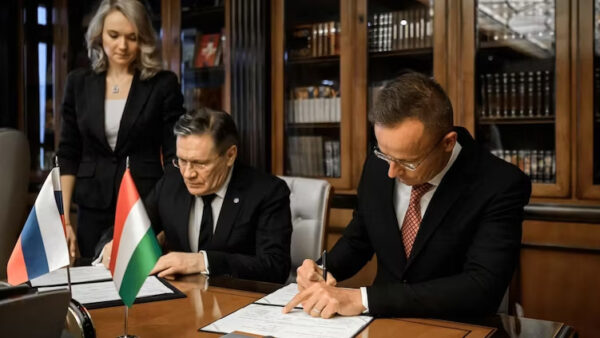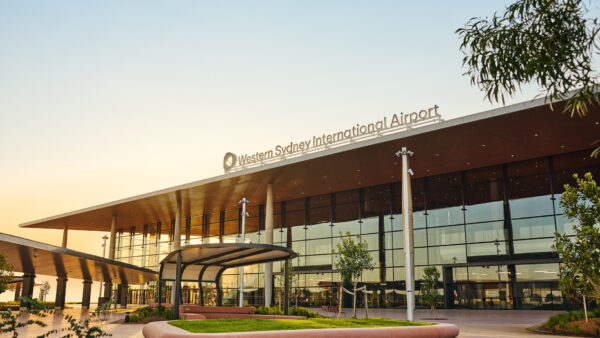Six more countries including Russia, Denmark and the Netherlands said they wanted to join the new China-led Asian Infrastructure Investment Bank (AIIB) over the weekend, leaving the US and a shrinking number of allies isolated over the issue.
Australia, Georgia and Brazil also said they would join ahead of tomorrow’s deadline, bringing the total number of potential founder members of the new bank to more than 40.
Of the world’s major economies, only the US, Canada and Japan are still holding out.
There seems to be a snowball effect, it’s almost turning into a situation where countries feel they don’t want to miss it– Sitao Xu, chief economist for Deloitte China
China has committed $50bn to the bank, which will try and meet the huge demand for power, transport and other infrastructure projects in Asia, but it expects member-country contributions to swell the fund to $100bn in the AIIB’s first year.
In meetings in Beijing today US Treasury Secretary Jacob Lew (pictured) said that the US is “looking forward to cooperating” with the AIIB, as it “welcomes and supports proposals that are helpful to infrastructure construction”, Chinese state news agency Xinhua reports.
The US appears to be taking a more accommodating line on the AIIB. Previously, officials expressed concern that the new bank, which is seen as a rival to the US-controlled World Bank and its affiliates, will not have adequate standards on issues such as transparency and environmental protection.
The US is widely believed to fear that the AIIB will amplify China’s influence in the region.Â
Snowball effect
“The number of developed countries seeking to join the bank has surprised a lot of people. There seems to be a snowball effect,” said Sitao Xu, chief economist for Deloitte China, in an interview with GCR.
“It’s almost turning into a situation where countries feel they don’t want to miss it.”
Xu said the AIIB would be good for Asia because the huge shortfall infrastructure has not been addressed, and is getting worse.Â
An oft-cited 2010 report by the Asian Development Bank (ADB) estimated that $8 trillion was needed for infrastructure in Asia in the decade to 2020 – around $800bn a year. Existing lending agencies like the World Bank and the Japanese-controlled ADB now supply only around a tenth of that.
Xu said that there is a perception that the existing multilateral lenders are impeded by bureaucracy and also politics.Â
America’s share of voting power in various World Bank agencies stands at 16% or more, giving it a veto over decisions. China’s share is less than 6%, even though China overtook the US in having the world’s biggest economy last year, as calculated by the International Monetary Fund.
Meanwhile, said Xu, “the reality is that the [infrastructure] shortfall is just getting greater. So many countries are dying for investment in infrastructure, and their need is not being satisfied.”Â
Better use for China’s cash
Xu said the AIIB could also help China channel some of its surplus savings away from developed-world debt – China owns more than $1.2 trillion in US government debt – and into more productive areas: “Such as infrastructure in India, in Indonesia and in Central Asia, which could potentially generate more demand for Chinese goods and services,” Xu said.
But is the US correct to worry about standards?Â
“I think it would be a concern if the financial institution were being dominated by China,” he said. “In the end, China doesn’t have flexible exchange rates. Most financial institutions are state owned. I understand the concern.Â
“That is why, if China can make a compromise, if the agency is not dominated by China, if many developed countries are involved and if China doesn’t have veto rights, some of the concerns would be alleviated.”
He said he was optimistic about that: “I would say that if its current profile develops along the same lines it will become a genuine multi-national financial institution. But of course there is always a trade-off. You don’t want to get into another situation where a building exercise takes forever. Then you just replicate the limitations of the existing organisations. You certainly don’t want to create a huge bureaucracy.
“If you create competition among the multilateral lenders then all the organisations will be improved.”Â
Xu added that he hoped the AIIB would create a better investment model for China than its practice to date of entering country-to-country deals with developing countries in Latin America, Africa and Asia.Â
“The risk for some of these investments have turned out to be greater than what China expected,” he said. “I think China is better off to avoid some of this bilateral lending.”
Photograph: US Treasury Secretary Jack Lew, far left, and Secretary of State John Kerry with their Chinese counterparts, Vice Premier Wang Yang, second from right, and State Councillor Yang Jiechi, during the US-China Strategic and Economic Dialogue in Beijing, July 2014 (US Department of State)






